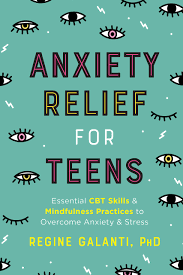Page Contents
- DCOH Symposium 2023 Resources
- Fr Chris’ Symposium Paper
“Healing the Masculine and Feminine Separation: A Historical and Theological Proposal for the Household of God” - Fr Chris’ Symposium Presentation Manuscript
May 18, 2023 - “West Virginia has the highest percentage of transgender youth in the nation.” – Appendix – Further Reflections for Fathers
- “Common Good Men: The Lost Authority of Godly Men” by Nancy Pearcey
- Visual Outline of Industrial Separation
- Images
- Article – “Help for Fathers & Mothers in the Home”
- Fr Chris’ Symposium Paper
- Household Resource Library
DCOH Symposium 2023 Resources
In May 2023, Fr Chris wrote a paper for a DCOH Symposium entitled, “Healing the Masculine and Feminine Separation
Fr Chris’ symposium paper…
A Historical and Theological Proposal for the Household of God,” which tries to tell the story of how we got into the familial and ecclesial mess we are in today.
Fr Chris presented his paper at the symposium on Thursday, May 18. Below is a manuscript of his presentation, an appendix, and a link to a recent Touchstone article.
Fr Chris’ symposium presentation manuscript, with additional resources…
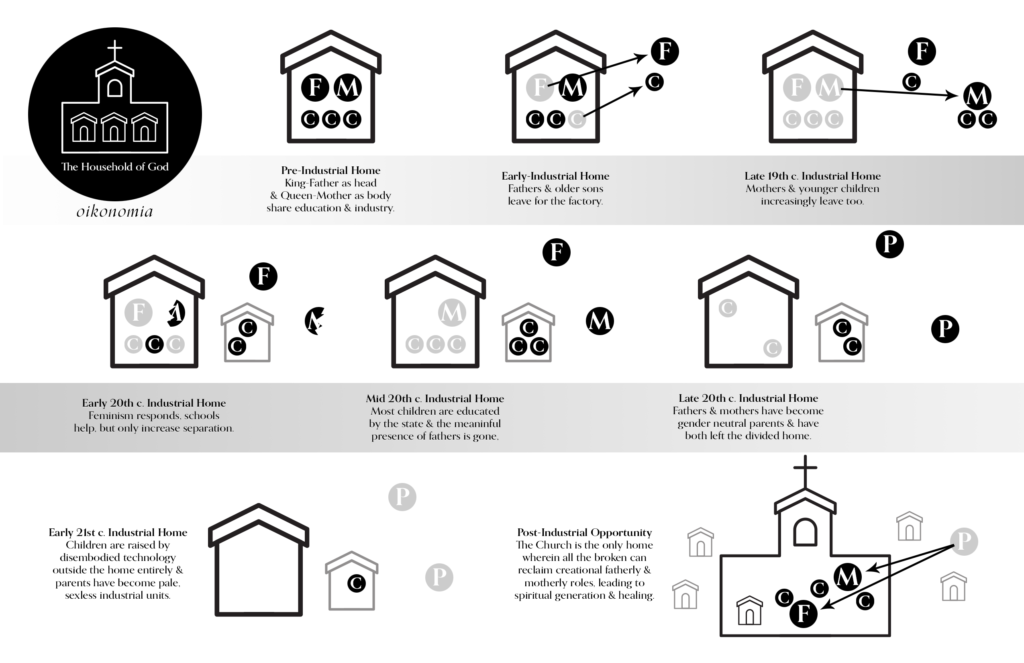



For the most part, Fr Chris’ paper is diagnostic and doesn’t quite turn the corner towards helping mothers and fathers actually engage well with our spiritual and biological children. The resources compiled below are a first step towards the goal of actually loving/living well in the household.
In addition to the above documents, Fr Chris wrote an article (originally for the diocese) introducing the resources below. You don’t really need more books (although books are very helpful), you need wise, embodied fathers and mothers to come alongside you in the Church.
Fr Chris’ article introducing the resources below…
Household Resource Library
The annotated bibliography below is “a living list,” separated into three categories. Some of these books I’ve read countless times. Others I have skimmed. I have built up deep literary relationships with some of these authors and I buy all their books. Others I have only read once. Please, if you have other recommendations or if you are yourself an advocate for parents (author, therapist, etc), then do not hesitate to let us know!
My conviction, through personal experience and through pastoral experience, is that we need help for the household in 3 main categories: (1) Behavioral Training / Daily Living, (2) Christian Imagination, and (3) Catechesis / Christian Formation.
- Behavioral Training / Daily Living – Most of our moments in a lifetime of a household are nuts-and-bolts daily living, the 24-7 gauntlet of learning how to live with one another in an understanding way (both our behavior as mothers and fathers, and our children’s behavior). “How the heck do I do this?” “What am I doing wrong?!?!” We need a wise rule of life, a regula that leads to joy, habits of living that are tested and true, and that, Lord willing, lead to less and less heartache. Wise rhythms, habits of speech, developmentally appropriate expectations and goals, and a heart of repentance as the foundation. This is, in my view, the most important area of parenting (or just understanding others) help needed by most today.
But we don’t simply want “good” kids, we want to raise “godly” offspring. If our children have good behavior but they don’t know and love Jesus, then we are of all people the most to be pitied. We must teach the Faith to our children. We do this in at least two ways… - Christian Imagination – Firstly, we daily form a Christian imagination in our children through wise use of our time, thoughtful boundaries, holy freedom, careful curation, habits of repentance and forgiveness, reading good books, prudent watching and thoughtful conversation, healthy habits with technology, and all this with a countercultural vigor in the face of the incessant pressures of the world.
- Catechesis / Christian Formation – Lastly (not last in importance!), we need Christian catechesis and formation (not head-alone, pass-a-test catechesis), daily habits of prayer (not fancy or long), simple and doable catechesis (not for theologians), and centrally, we desperately need to be in the Church, in the assembly, with the people of God in the household of God, at least weekly on the Lord’s Day, and increasingly throughout our lives, around one another’s tables in our homes. We need to fight for more white space on the calendar. More sports, more teams, more events (especially on a church calendar!), and more stuff is overrated. Slow down.
Here’s my obligatory disclaimer: I do not agree with every word in every book. But all of these books have helped me. Thinking deeply (often with intellectual disagreement) about a vitally important topic like fathering and mothering is hard work. I pray these resources help you. (Please, push back, join the conversation.)
Behavioral Training / Daily Living
The Difficult Child, by Stanley Turecki, M.D., & Leslie Tonner.
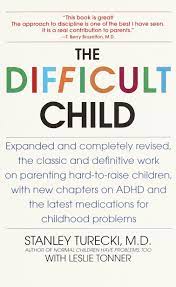
“A New Step-by-Step Approach by a noted child psychiatrist for understanding and managing hard-to-raise children.” The Difficult Child is a baseline for behavioral training. It is essential reading for all parents, but for parents of temperamentally difficult children, it is an absolute necessity. This book represents decades of data and counseling experience, and Turecki tells stories, worksheets, and provides wise step-by-step help for discerning what is temperament and what is unacceptable behavior in your children. If you are overwhelmed and feel out of control, read this book. Better yet, read it in conversation with older parents in your church.
12 Rules for Life: An Antidote to Chaos, by Jordan B. Peterson.

I now require Chapter 5 (“Do not let your children do anything that makes you dislike them.”) for young couples in pre-marital counseling. As a seasoned behavioral psychologist, Peterson aims to bring behavioral child psychology down to the level of normal people. I believe he mostly succeeds. First, he analyzes the cultural and psycho-social world of parenting today (p. 113-129), and then he turns his attention in the later half of the chapter (p.129-141) to some baseline principles for parenting. Peterson is provocative, but never without a point. And he is also charitable and wise.
Wild Things: The Art of Nurturing Boys, by Stephen James & David Thomas.
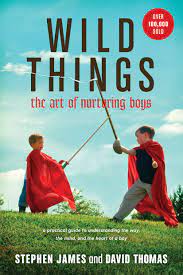
What is going through my son’s head? James and Thomas will help you with each developmental stage, neurophysiology of boys, and they always end in practice. Daystar Counseling Ministries in Nashville, TN is a go-to collective. (Honorable mention: Doug Wilson’s Future Men is helpful relating to the telos of boys & his use of the Proverbs is excellent.)
Raising Girls, by Melissa Trevathan & Sissy Goff.
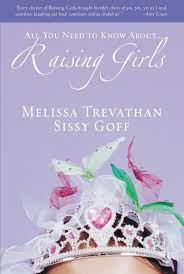
Alongside James and Thomas’s book on boys, this is a great first stop for parenting girls. I love this book. Trevathan and Goff have several other books that dive deeper into raising girls (e.g. The Back Door to Your Teen’s Heart or Raising Worry-Free Girls: Helping Your Daughter Feel Braver, Stronger, and Smarter in an Anxious World).
For parenting pre-teens and teenagers with a view towards college/leaving home, I highly recommend both of these immensely practical books.
How to Raise An Adult by Julie Lythcott-Haims. (Stanford dean of freshman for a decade)
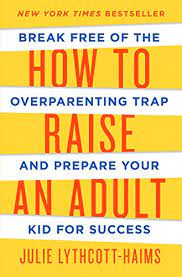
The Vanishing American Adult by Ben Sasse (PhD history from Yale, university president, & U.S. Senator)
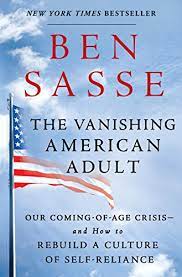
Cognitive behavioral therapy (CBT) and dialectical behavior therapy (DBT) are, on the whole, very helpful and practical for dealing with anxiety, self-harm, and other overwhelming issues confronting our teens.
Helping Teens Who Cut: Using DBT Skills to End Self-Injury by Michael Hollander, PhD
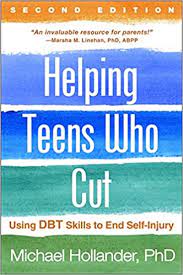
For “parenting” your parents in old age: The Essential Guide to Caring for Aging Parents.
Christian Imagination
This collective of authors, song-writers, parents, and wise (trustworthy!) people will help you find good books, music, movies, and other miscellanies that delight children and parents alike.
“I don’t want my kids to grow up in a dark, airless box, protected from everything and all the while suffocating. Nor do I want them to play hopscotch in a minefield. I want to provide for them the shelter of a mountainous maple tree. There’s protective shade, a long view in every direction, and it’s open and happy with plenty of crayons.”
S. D. Smith
Wild Things and Castles in the Sky: A Guide to Choosing the Best Books for Children, ed. by Leslie Bustard, Carey Bustard, & Thea Rosenberg.
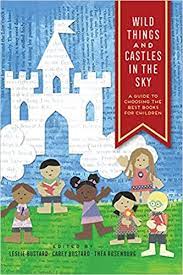
This book lists and annotates hundreds of books in various categories and for different reading levels. Vulnerability, read-aloud, toddler books, graphic novels, poetry, virtue, fantasy, the recommendations go on forever. I’d say to start with Story Warren, and if you want to dive deeper, you’ll never get to the end of the recommendations in this book.
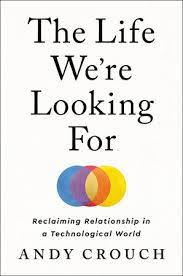
On technology and wise habits of media consumption, read The Tech-Wise Family by Andy Crouch. Crouch’s latest book, The Life We’re Looking For: Reclaiming Relationship in a Technological World, is absolutely essential reading as well.
Read good books.
The Green Ember series. The Wingfeather Saga. The Hobbit. The Chronicles of Narnia. The Bark of the Bog Owl Trilogy. The Lord of the Rings. Dads, read these for yourselves. Moms, read aloud as a family, or put them in their hands.
Be attentive, don’t be paranoid.
Read Common Sense Media, and don’t freak out. Tell the kids to go be bored out in the unbelievably-not-boring-world outside. Stop curating books, streaming shows, and movies. But, if you do sit down to watch, less is more. Watching a bad movie once isn’t that big of a deal. Have an age-appropriate conversation with your kids about it and move on. Don’t give your kids a steady diet of worldly catechesis. Singing “Let It Go” is fine, but catechizing your kids in self-expression is a fools errand. PBS Kids isn’t neutral. Nobody is. Stay alert.
Anthony Esolen’s book Ten Ways to Destroy the Imagination of Your Child is more cultural critique, but still very helpful.
The best book for shaping a Christian imagination is Holy Scripture. Read it. Humble repeated reading is more important than analysis. Go deep if you like. Consider reading the climax of the whole story, the Revelation of Jesus Christ by St. John. It’s very helpful for capturing the imagination. Read Richard Bauckham’s Theology of the Book of Revelation as a guide.

Bluey (the Australian TV Show) is fantastic. Watch it. I dare you not to cry.
Catechesis / Christian Formation
(Physically) Go to church on the Lord’s Day.
If you are sick, tell the Church. Rectors, priests, and deacons, as often as you are able, take the sacrament to the sick and infirm. If gathering is optional, Christ is optional. If you’re on vacation, find a church and worship on the Lord’s Day. Everything else on this list pales in comparison to our ascending together into heavenly places as the Church as we gather in eucharistic worship. This is the catechesis that our kids require. Don’t forsake the gathering.
The Book of Common Prayer, Family Prayer in the Morning & in the Evening.
Give yourself grace. Don’t be a super-Christian (they’re annoying). Start with family prayer once a week. Then twice. Then daily. When you fall off (you will), start again (don’t be ashamed). It is the kindness of God that leads us back to him. Memorize a Table Blessing as a family, eat, and slow down.
Add-in catechesis to family prayer (but not at first).
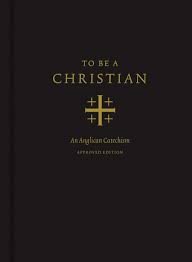
The Next Generation Initiative of the ACNA has written a very helpful “how-to” for implementing the To Be A Christian catechism (our ACNA guide for teaching our kids the Faith) into the life of your family. Intentionality and repetition in prayer is first and best. But over time, having worshipful and regular conversations about the deep things of God goes a long way. You don’t have to be a theologian. Ask good questions. Be patient. Don’t preach or be overlong. Repeat. For years.
You don’t have to be fancy.
As Anglicans (and with the Church) we affirm that the ordinary means of grace will sustain us. Gathered worship, prayer, reading Holy Scripture, and simple dialogical catechesis is the way of discipleship. There are many helpful books on discipleship, on shepherding and teaching our children, but at the end of the day, parents and spiritual parents who care, who come, and who ask are what matters.

